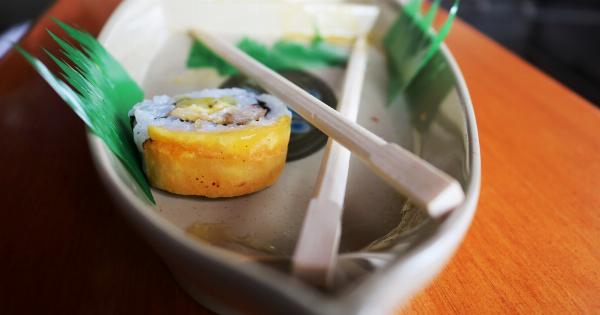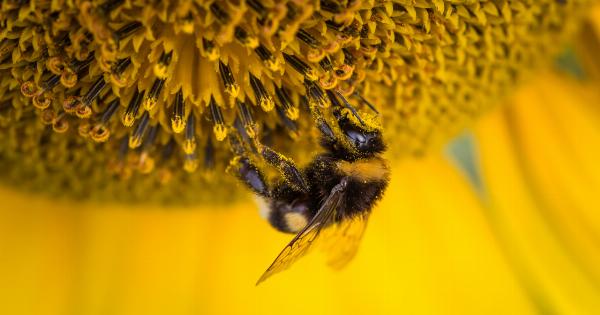Food poisoning can affect individuals of all ages, but children are particularly vulnerable due to their developing immune systems and limited ability to communicate symptoms effectively.
As a parent or caregiver, it is crucial to be aware of the risks and take necessary precautions to prevent foodborne illnesses in children. Additionally, knowing how to manage food poisoning if it does occur can help provide quick relief and prevent any complications.
Infants (0-12 months)
During the first year of life, babies are most commonly fed breast milk or formula. However, as they transition to solid foods, it is important to introduce new foods gradually and ensure proper hygiene to prevent food poisoning in infants.
1. Ensuring proper sanitation
Before preparing or handling any infant food, wash your hands with soap and warm water for at least 20 seconds. Clean and disinfect all utensils, bottles, and feeding equipment.
Use hot, soapy water to wash cutting boards, countertops, and other surfaces that come into contact with food.
2. Safe food storage
Breast milk and formula should always be stored in clean containers and refrigerated promptly. Follow the recommended guidelines for storing and using them.
Once your baby starts eating solid foods, ensure that perishable foods are kept refrigerated and consumed within a few days. Avoid giving expired or spoiled foods to your infant.
3. Proper food preparation
When preparing infant food, ensure that all fruits, vegetables, and meats are thoroughly washed and cooked. Use separate cutting boards for raw meats and fresh produce. Avoid cross-contamination by keeping raw and cooked foods separate.
Toddlers (12 months-3 years)
Toddlers are adventurous eaters, often exploring new foods and textures. While this is an exciting stage of their development, it is essential to be vigilant and take additional precautions to prevent food poisoning.
1. Teaching good hygiene practices
Encourage your toddler to wash their hands before every meal and snack. Use child-friendly, non-toxic hand sanitizers when soap and water are not available.
Teach them the importance of covering their mouths when coughing or sneezing to prevent the spread of germs.
2. Introducing a variety of foods
Exposing your child to a wide range of foods can help build their tolerance and reduce the risk of allergies. However, be cautious when introducing high-risk foods such as shellfish, peanuts, and eggs.
Discuss any concerns with your pediatrician before introducing potentially allergenic foods.
3. Be aware of choking hazards
Toddlers are notorious for putting small objects in their mouths, presenting a choking hazard. Keep small items such as grapes, nuts, and hard candies out of reach. Cut food into small, bite-sized pieces to prevent choking incidents.
Preschoolers (3-5 years)
Preschoolers have a more extensive food repertoire and often enjoy exploring various cuisines. While they become increasingly independent in their food choices, it is essential to continue emphasizing good hygiene and safe food practices.
1. Encouraging independence with supervision
Allowing your preschooler to assist with food preparation can foster their independence and interest in healthy eating. However, always supervise them closely and ensure they are following proper hygiene practices.
2. Teaching about food safety
Take the opportunity to educate your child about food safety. Explain how certain foods need to be cooked thoroughly, while others should be kept refrigerated. Teach them about the potential risks of consuming spoiled or undercooked foods.
3. Safe eating-out practices
When dining out, pay attention to the cleanliness and hygiene standards of restaurants. Choose reputable establishments that prioritize food safety.
Remind your preschooler to wash their hands before eating and to avoid sharing utensils or drinks with others.
By following these guidelines for preventing and managing food poisoning in children based on their age, you can significantly reduce the risk of foodborne illnesses and ensure the well-being of your child.


























